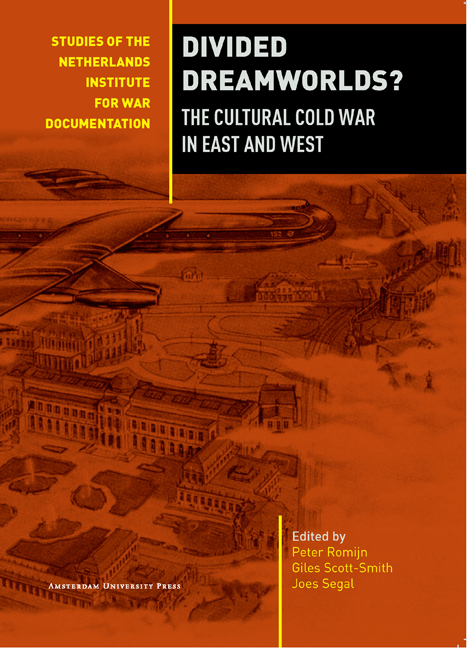Chapter 10 - Problematic Things: — East German Materials after 1989
Published online by Cambridge University Press: 02 February 2021
Summary
In 1990, during the height of the Wende, transition from the old to the new was reflected not only in the realm of lightening-paced political changes, but also, and significantly, in the world of things. In that year, East Germans disposed of 1.9 million tons, 1.2 tons per individual. This was three times the per capita rate in West Germany for the same period. The next year, in 1991, Eduard Schreiber produced the documentary film Östliche Landschaft (Eastern Landscape), recording the experiences of a man who manages a dump in the recently deceased German Democratic Republic (GDR). In the climactic scene, the manager spots a sullied state flag of the GDR partially sticking out in a pile of garbage. Tugging the flag from the trash heap, he holds it up for the camera before letting it fall back to the ground. That the GDR was now relegated to the ‘dustbin of history’ appeared to be quite literal and served to reinforce the notion in the West that East Germans recognised their cultural products as garbage along with state-sponsored communism. This approach to understand the East through its material culture, in fact, emerged much earlier through Cold War rhetoric; the East German cityscape was often described as being ‘gray’, ‘soulless’, and ‘anti-modern’, while East German goods along with their packaging and advertising campaigns were naive, simplistic, cheap and simultaneously irreverent.
In the process of the Wiedervereinigung, the West German political system replaced the existing government and political structures of the East. Except for fringe groups that have been widely dismissed, the replacement of the sed (Socialistische Einheitspartei Deutschlands) in East Germany has never been seriously challenged. Just as political unification rapidly took hold, the material cultures of East and West began to come together. Baumarkt, the popular West German-based construction superstore, provided the standard for household commodities, Western brands raced to set up shop in the East, and the D-Mark took its place as the official currency of the ‘new’ Germany. Yet, even as this material unification progressed post-haste, the way in which original materials from the GDR were handled on an official level, led to grumbling and outright protest in parts of the Neue Länder.
- Type
- Chapter
- Information
- Divided Dreamworlds?The Cultural Cold War in East and West, pp. 201 - 216Publisher: Amsterdam University PressPrint publication year: 2012

